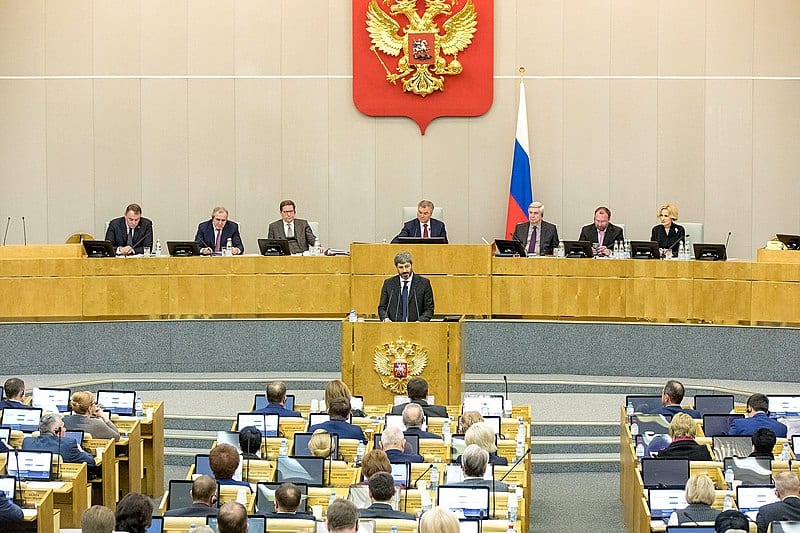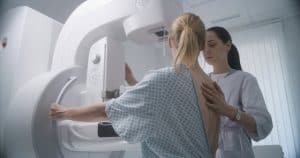
Russia gives regulatory approval to second COVID-19 vaccine after early clinical trials
pharmafile | October 15, 2020 | News story | Research and Development | COVID Vaccine, Vaccine, coronavirus vaccine
Russian President Vladimir Putin announced on Wednesday that regulators had given approval to a second coronavirus vaccine.
This new vaccine is a peptide two-shot vaccine called EpiVacCorona and was developed by the Vector Institute in Siberia. It had been tested on 100 volunteers in early placebo-controlled human trials which were carried out over two months in people aged between 18 and 60. The research team said that it produces enough antibodies to protect a patient from the virus and can create an immunity that lasts for up to six months.
Those administered with the vaccine in early trials included the Deputy Prime Minister Tatyana Golikova, who announced that 40,000 people will take part in advanced trials of the therapy. It is currently unclear if Russians and or those form other countries will be able to access the vaccine before the trials end.
Russia was the first country to approve a coronavirus vaccine, but it came with much controversy. Titled Sputnik V, it was developed by the Gamaleya Institute and approved by the government on 11 August after an early trial was conducted on 76 participants. Putin said that one of his daughters had been vaccinated, experiencing slight side-effects and developing antibodies.
A highly unusual approach in vaccine development and regulatory vetting, the Russian regulators allow these approvals without clinical trial data from large scale Phase 3 trials. The Sputnik V vaccine went into a large-scale 40,000 person trial two weeks after its approval, with 13,000 volunteers being enrolled so far.
Many in the medical community are not convinced of the quality control or assurance processes from the Russian government. A collection of doctors published a note of concern in [The Lancet] asserting that the team that developed the vaccine may have falsified their evidence in the early trials of the vaccine. One specific concern was that the team presented their measurements for each participant in the study using graphs rather than raw numerical data.
Conor Kavanagh
Related Content

BioNet receives positive EMA opinion on new pertussis vaccine
BioNet has received a positive opinion from the Committee for Medicinal Products for Human Use …

Recipharm offers manufacturing support to vaccine trial from ImmBIO and iiCON
Recipharm, a contract development and manufacturing organisation (CDMO), has successfully manufactured PnuBioVax, a new protein-based …

EMA lifts temporary ban on chikungunya vaccine Ixchiq following safety review
After completing a safety review of Ixchiq – a vaccine for chikungunya – the European …






